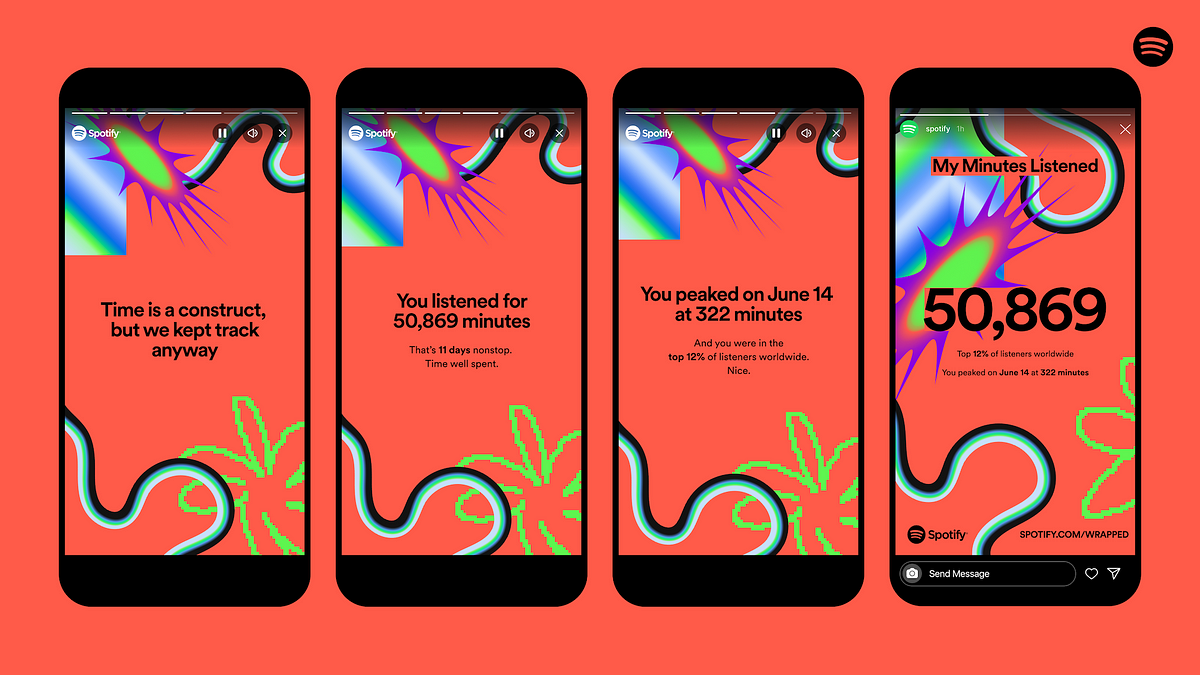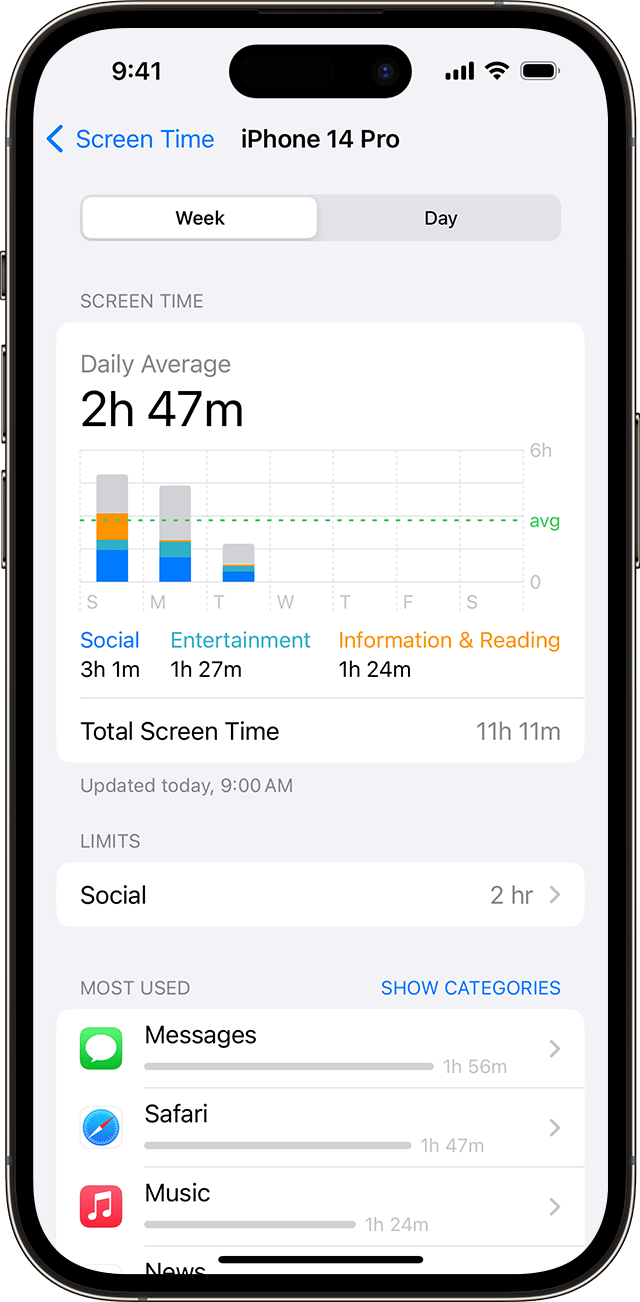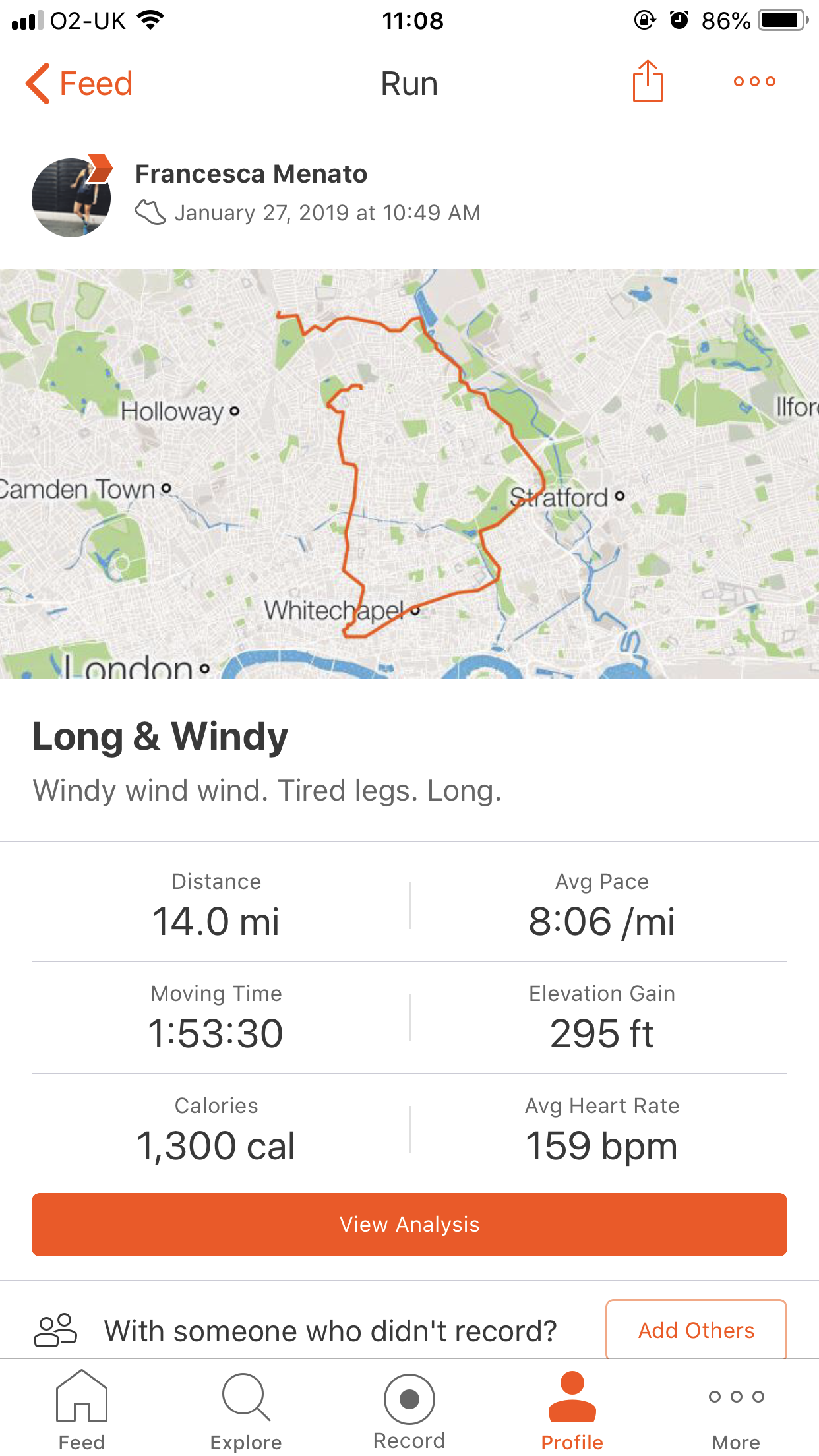It's about time
June 1, 2025
What does the “ideal” day look like?
Not the perfect day e.g. I just won the state lottery and then a series of amazing events happened. I mean if you could follow through on any plan, then what would your schedule look like?
For an elite athlete that probably means a lot of training mixed with good nutrition and sleep. For a working parent that could mean a good balance between the office and family time.
Of course the definition of the “ideal” day changes based on the week, month and year. You can’t just copy and paste the same day every day.
A thought experiment
The “ideal” minute, hour, day, etc. can be discovered by asking yourself, “what is the best use of my time at this very moment?“. Though it’s not always clear what the right answer is.
Take these two example days for instance.
Option 1:
| Time | Activity |
|---|---|
| 9:00 AM - 5:00 PM | Work |
| 5:30 PM - 6:30 PM | Gym |
| 6:45 PM - 7:45 PM | Dinner |
| 8:00 PM - 11:00 PM | Chill |
Option 2:
| Time | Activity |
|---|---|
| 9:00 AM - 6:00 PM | Work |
| 6:30 PM - 7:30 PM | Gym |
| 7:45 PM - 8:45 PM | Dinner |
| 9:00 PM - 11:00 PM | Chill |
The only difference is we work one hour longer and chill one hour less. Which version of this day is better? Well it depends right. What does “better” mean to you?
If you could go back and make edits to how you spend your days, would you shift things or keep everything as is? Many people I talk to say they wish they spent more time on X. I’d spend less time on Y, usually social media.
We all simultaneously have this feeling, yet we aren’t deliberate with how we spend our time. Usually we wait for a new years resolutions, an epiphany or a life event to change our strategy.
Seeing time
The problem is that the human brain isn’t great at perceiving time. Imagine making financial decisions without knowing how much money you’ve been spending. You don’t know what’s in your bank account.
To adjust to this world you think about your big purchases and subtract from your paycheck. That gives you a good start. You make a guess at the other general expenses but it’s hard to tell how much you’re exactly saving.
The general sense is enough to get through the day to day without hitting zero, but saving for a home seems incredibly difficult. You’re just not sure if you’re on track or not and at that point is it worth trying for? You’re practically guessing for an event that’s potentially 10+ years away.
When you can see the hard numbers, planning becomes easier. That plan can give you the confidence to make adjustments to the rest of your life and get closer to your goal. For example, taking on a roommate to save extra money for a home later on. Without it long term goals can feel like just a wish.
Time is similar to money. Many of us approach life one day at a time, which is great, but it makes long term planning difficult. If we had perfect “vision” of our time, maybe we’d see that two hours a day will convert into a big break four years later.
I think we subconsciously know this. Human beings crave perception of their time. When we pay attention, we can find many examples of this in technology.
Examples
Spotify Wrapped
Remember when this dropped for the first time? People loved it. Once it became a trend I wonder if people listened to some artists more/less to influence their wrapped for the year.

Apple’s Screen Time
It’s a a rite of passage to view your screen time and get shocked by the numbers. Our apps are like a part time job. This feature certainly influenced what apps I keep installed.

Strava
For new runners, Strava keeps us going. It makes all the work we put in feel more “real”.

Snapchat Memories
It’s always fun to look back and see something and say “Wow I’ve changed a lot over the years. That’s what I used to do?“.

There’s a common theme between these features. Many of us are surprised by the actual data. Like, “Oh wow that was my top artist on Spotify?” or “Woah that memory was already 5 years ago?“. It’s pleasurable to understand our lives a bit better.
Reflection
The beauty of modern software is pixels on a screen can get our brain to understand how we’re spending our life e.g. 50,000 minutes listening to music this year.
We all want more control over how our lives play out. What’s missing is the foundation of data (time data specifically) to help us understand and reflect better.
What working professionals end up doing in the modern world is rely on their managers, leadership and performance reviews to have facilitate that reflection process for them. That may work but it takes away autonomy and then what about our personal lives? We may have personal goal that’s the size of home ownership that feels like it’s out of reach.
Our brains are actually pretty smart and good at solving problems. The issue is that the modern world has a lot of distractions. With the right information our problems almost solve themselves. Take this review of 22 weight loss studies. It shows that monitoring one’s weight is a core mechanism for behavior change. People made better choices with the right data.
Unlike money or weight, time has an extra dimension that makes it challenging. It’s not just a single number like dollars or pounds. It’s a combination of time spent and the results of spending that time.
Let’s go back to the thought experiment. The options were nine hours of work vs. eight hours of work, but what if the same amount of work got done because you hit your mental limit at eight? Now option two is clearly better. Time needs to be coupled with results to give it meaning.
To get the most out of reflection we need to think about how we spend our time as well as how we feel about the time spent.
Solutions
There is no perfect solution. I have hope that technology can help, but I maintain some healthy skepticism. The answer might just be that you need to do the following: journal daily, maintain a structured calendar wake up at 5 AM, meditate, etc. However, The vast majority of society doesn’t want to live like that. A life like that might be a living hell to some.
Today, there are many tools try to help. Trello, Google Calendar, Apple Reminders, Sunsama, Things 3, Fantastical, and the list goes on. The problem with them is that the spirit of the tool is efficiency and productivity—not reflection of all aspects of your life.
Productivity is one slice of your life. Doing 20% more tasks may or may not make you feel satisfied. You need to reflect on work, but also friends, family, hobbies, health etc.
In the perfect world, reflection isn’t something you do once a year. It’s something you do constantly. It’s just how you operate. You’re taking in new information, reflecting and making decisions based on that.
Why is this important?
AI and technology will continue to improve our lives and free up more time. What we do with this time can change the outcome of our lives. Will we use it to doom scroll and watch Emily in Paris for multiple hours a day, or rather invest it in something we truly care about.